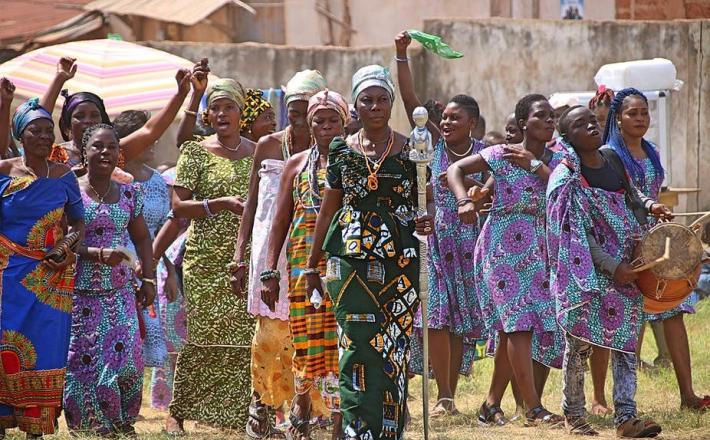Women traditional leaders could help make sure the pandemic message is heard
Source: The Conversation
As infections and the death toll for the new coronavirus pandemic mount, African countries have introduced measures to reduce the spread, raise awareness among communities and gain citizens’ compliance. But the potential contribution of traditional leaders has mostly not been considered. This is despite the role they have played in addressing health crises in many African countries.
In most cases, governments have relied heavily on actors within the formal sector to ensure that citizens comply with measures to control the pandemic. Usually, the police have this task. But in some countries, including South Africa, Kenya, and Nigeria, police have on occasion used extreme violence to enforce COVID-19 regulations.
The level of distrust of the police is high in many African countries. And government officials and agencies are often thinly spread or ineffective, especially in rural and peri-urban areas. In these areas, information, safety-related resources and healthcare tend to be scarce or absent.
This is why governments’ pandemic control efforts should include actors who interact closely with the public.
Traditional leaders are ideally positioned to respond in a culturally relevant way to people in the rural and peri-urban areas. Indeed, Afrobarometer surveys have revealed that traditional leaders have more popular legitimacy than elected leaders in many countries, including Uganda, Sierra Leone and Senegal. They also have a track record of assisting in health crises.
Click here to read the full article published by The Conversation on 24 Agost 2020.

As infections and the death toll for the new coronavirus pandemic mount, African countries have introduced measures to reduce the spread, raise awareness among communities and gain citizens’ compliance. But the potential contribution of traditional leaders has mostly not been considered. This is despite the role they have played in addressing health crises in many African countries.
In most cases, governments have relied heavily on actors within the formal sector to ensure that citizens comply with measures to control the pandemic. Usually, the police have this task. But in some countries, including South Africa, Kenya, and Nigeria, police have on occasion used extreme violence to enforce COVID-19 regulations.
The level of distrust of the police is high in many African countries. And government officials and agencies are often thinly spread or ineffective, especially in rural and peri-urban areas. In these areas, information, safety-related resources and healthcare tend to be scarce or absent.
This is why governments’ pandemic control efforts should include actors who interact closely with the public.
Traditional leaders are ideally positioned to respond in a culturally relevant way to people in the rural and peri-urban areas. Indeed, Afrobarometer surveys have revealed that traditional leaders have more popular legitimacy than elected leaders in many countries, including Uganda, Sierra Leone and Senegal. They also have a track record of assisting in health crises.
Click here to read the full article published by The Conversation on 24 Agost 2020.